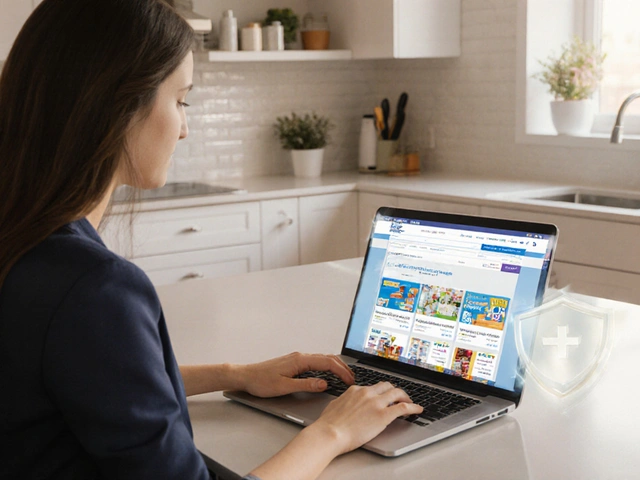Medication tips for safer, easier medicine use
Taking medicine sounds simple until doses, side effects, insurance rules, and online pharmacies get involved. Use these clear, practical tips so your meds help you—not cause trouble.
Daily habits that actually work
Make taking pills automatic. Put meds next to something you already do every day—coffee mug, toothbrush, or phone charger. Set a phone alarm or use a pill app that tracks doses and sends reminders.
Sort weekly doses with a pill organizer. If you take meds at different times, use organizers with AM/PM slots. That cuts down on missed doses and accidental double-dosing.
Keep an up-to-date medication list (prescription, OTC, vitamins, and supplements). Carry a paper copy in your wallet and a photo on your phone. Share this list at every doctor visit or ER triage—it's the fastest way to avoid dangerous interactions.
Safety checks before you take anything
Read the label every time. Look for instructions like “take with food,” “avoid alcohol,” or “don’t crush.” Those small notes change how a drug works and how you feel afterward.
Watch for common interaction traps: grapefruit juice with some cholesterol or blood pressure meds, St. John’s wort lowering birth control, and certain antibiotics boosting blood thinner effects. When in doubt, call your pharmacist—they can run an interaction check quickly.
Know the red flags for serious reactions: sudden rash, swelling, trouble breathing, fainting, or chest pain. Stop the medicine and seek emergency care if those happen.
Antibiotics and short courses: finish them unless your doctor tells you otherwise. Stopping early can let bacteria survive and become resistant. For chronic meds like blood pressure or diabetes drugs, don’t stop suddenly—ask your provider about a safe plan.
Store meds the right way: most belong in a cool, dry place. Avoid bathroom cabinets with steam and heat. Keep all meds in original bottles with labels to avoid mix-ups and to check expiration dates. Lock up any strong painkillers or controlled substances if there are children or visitors in your home.
Buying meds online? Choose pharmacies that require a prescription, list a real address and phone number, and show licensing information. Extremely low prices or no-prescription sales are red flags. When possible, use a local licensed pharmacy or well-known online services that display verification seals.
Save money without risking safety: ask about generic versions, check manufacturer coupons, compare prices across pharmacies, and talk to your prescriber about lower-cost alternatives. Many clinics know patient assistance programs for costly drugs.
Finally, keep talking. If a side effect bothers you, if costs block treatment, or if you’re unsure how to take a drug, call your pharmacist or prescriber. Small questions now prevent big problems later.
Discover Top Levitra Discounts and Deals for Your Health
Exploring the best offers for Levitra, this article delves into the specifics of Vardenafil, its medical benefits, possible side effects, and interactions. We'll cover typical dosages and offer crucial advice for safe and effective use. Understanding these aspects can help individuals make informed decisions, ensuring both safety and efficacy while seeking cost-effective medication options.
About
Health and Wellness
Latest Posts
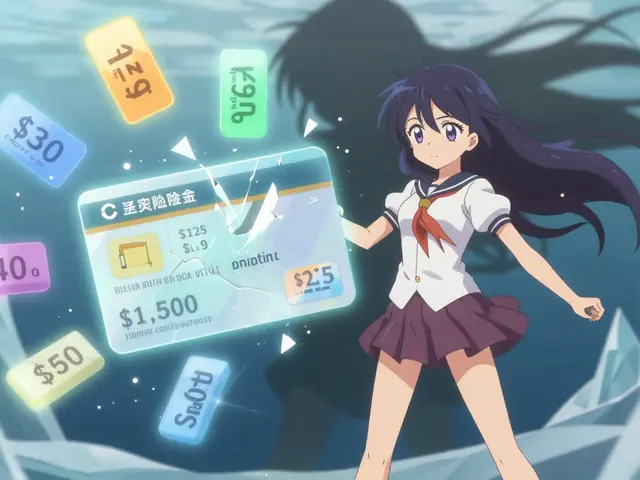
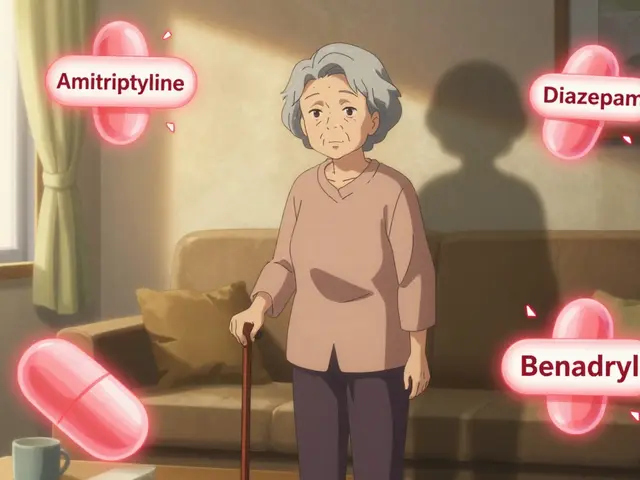
Fall Risk in Older Adults: Medications That Increase Injury Potential
By Marcel Kornblum Dec 25, 2025
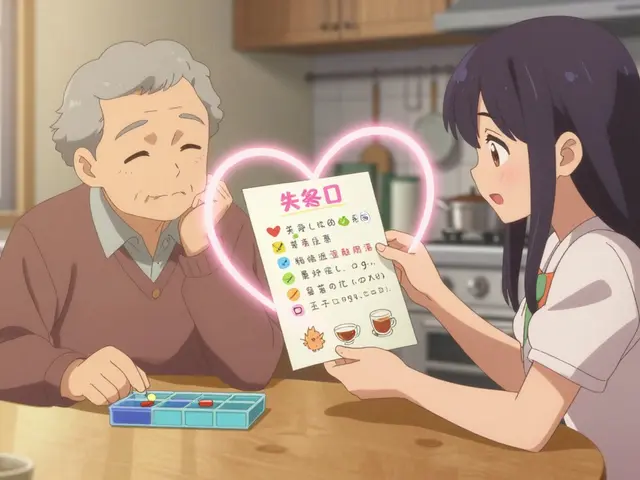
How to Involve Family or Caregivers in Medication Support
By Marcel Kornblum Dec 29, 2025
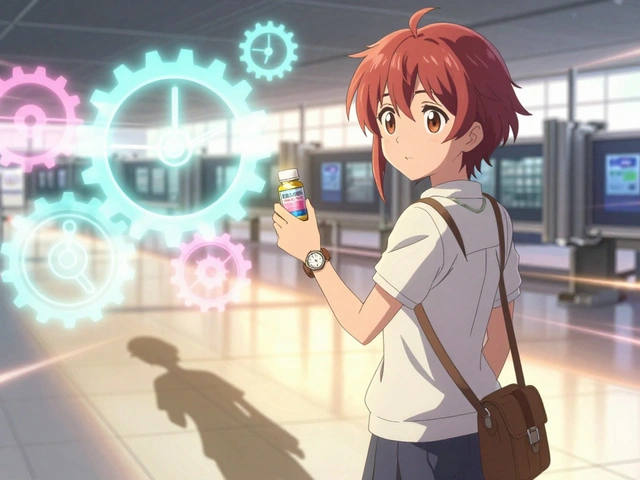
Jet Lag and Time-Released Medication Dosing Across Time Zones: What Actually Works
By Marcel Kornblum Dec 1, 2025
